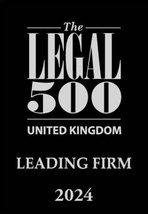There is a complex maze of rules surrounding Inheritance Tax (IHT) which means every estate must be reviewed in detail to determine how much, if any, IHT is payable. You must carry out sufficient investigation into the extent of the estate to establish its value. This must include enquiry about the extent of any relevant gifts made by the deceased during their lifetime.
Once the extent of the estate is known, unless the estate is an “excepted estate”, full details must be provided to HMRC, even if no IHT is due. When you have carried out the necessary IHT calculations, the next step is to pay the tax. It is important to note that Confirmation to the estate (the Scottish equivalent of Probate) cannot be granted until after at least some of the IHT has been settled with HMRC.







